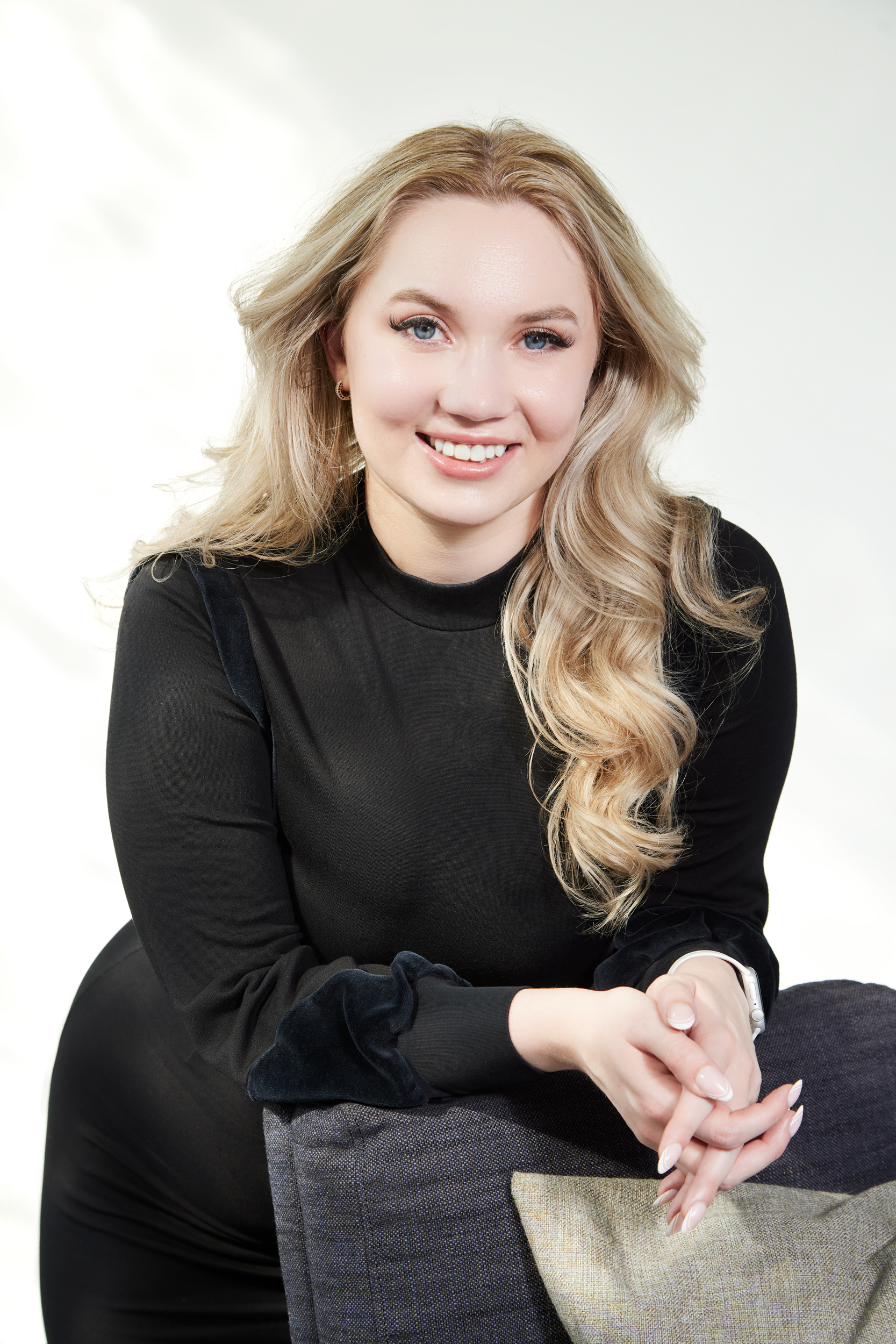
Meaningful Self Care When the World is on Fire
August 25, 2025

Meaningful self care isn’t about quick fixes—it’s about grounding yourself with intention when the world feels like it’s on fire.
“Self care” as a phrase has received a lot of mixed messaging, to the point where for many people it’s lost a lot of potency as a concept. People often use it to justify choices that aren’t beneficial in the long run. These choices may provide immediate comfort but offer little lasting value. As with all things, there are some loud voices who use this concept in bad faith and have changed perceptions of “self-care” in the minds of observers of this for the worse. So, knowing you may be someone who has such a bias, let’s first define what I mean when I use the phrase.
Defining Self Care
To me, “self care” in a concept meant to mean that I will be improved in some way after the action. It is something that has an impact on me for the better. There are many areas in which I may need to give myself particular attention. In broad categories, this could mean giving myself care mentally, physically, or emotionally. At its core, the point of self care is to notice that there is something in you asking for your care and attention, and actually providing those things.
So, what part of you is asking for care?
As an example, let’s say I’m feeling bored. Boredom can come from different places. Sometimes I’m physically restless, flooded with too much nervous energy that I haven’t released. Sometimes I haven’t felt mentally challenged for a while. That boredom is often a sign of stagnation. Sometimes it’s that I’m tired of spending time just on my own, and what I’m really hoping for is time and attention given socially. Depending on where the feeling is coming from, it changes the kind of care the boredom is trying to ask me for, so taking some time to hone into this is really important for me.
Creating a Self Care Routine That Actually Works
To give specific examples of how I may then take care of myself: If the message is that I have too much physical energy, then I will do something to release that. This could be a walk, a gym session, a workout class, or simple stretches while leaning on the cat tower. I choose whatever movement feels attainable in the moment. This doesn’t always feel like “self care” in the moment, but it is me answering exactly what my body is asking for.
If the message is mental stimulation, II try to find a good book that challenges my mind. If I can’t read, I’ll listen to an audiobook while doing chores or resting. I might play a puzzle game to challenge myself or watch a video essay from a YouTube creator I enjoy.
If the message is that I’m hurting for social connection, then self care for me looks like reaching out to friends and finding a way to connect. Perhaps this is a text conversation, or a phone call, or scheduling dinner.
Why Meaningful Self Care Matters During Difficult Times
When the world feels chaotic, your needs can seem loud and jumbled. The solutions that come to mind often aren’t things you can control right away. What do you do then?
Even when the world feels on fire, our needs as human beings remain. We still need the basics—eating and breathing—as well as more complex needs like thinking, connecting, and moving. Though the messages screaming at us from outside like to drown out those messages as much as possible.
Just as those fires do not take away your needs, they also don’t negate the fact that your needs are worth your time and energy to address. Fires love to convince us that there are more important things, and they certainly can reorder our priorities, but at the end of the day, you can’t let yourself catch on fire, too. Even firefighters wear protective gear.
So, if you take the time to tune into the messages asking for your help, what kind of care would help you? How will it protect you whenever you turn back towards the world on fire?
If you’re ready to explore meaningful self care in a supportive space, schedule a session with The Montfort Group. Our therapists are here to help you find grounding, resilience, and connection

Heather earned her Bachelor’s Degree in Psychology with a minor in Creative Writing from Baylor University in 2018. She obtained her Master’s of Arts in Professional Counseling from Texas Wesleyan University, where she specialized in working with individuals and couples. Heather holds an active License in Professional Counseling for the state of Texas as an Associate supervised by Cory Montfort, MS, LPC-S. Additionally, she is a published author contributing a chapter to Dr. Linda Metcalf’s book, Marriage and Family Therapy: A Practice-Oriented Approach.
accept
We use cookies to improve your browsing experience and ensure the website functions properly. By selecting 'Accept All,' you agree to our use of cookies.
© Tmg XXXX
Contact our office:
Already working with a Montfort Group clinician?
You can book or manage your next session here.
Stay Connected
Schedule Now